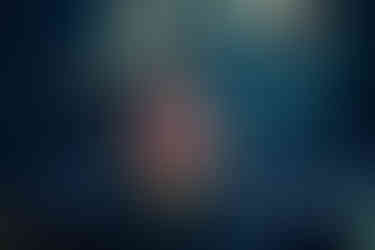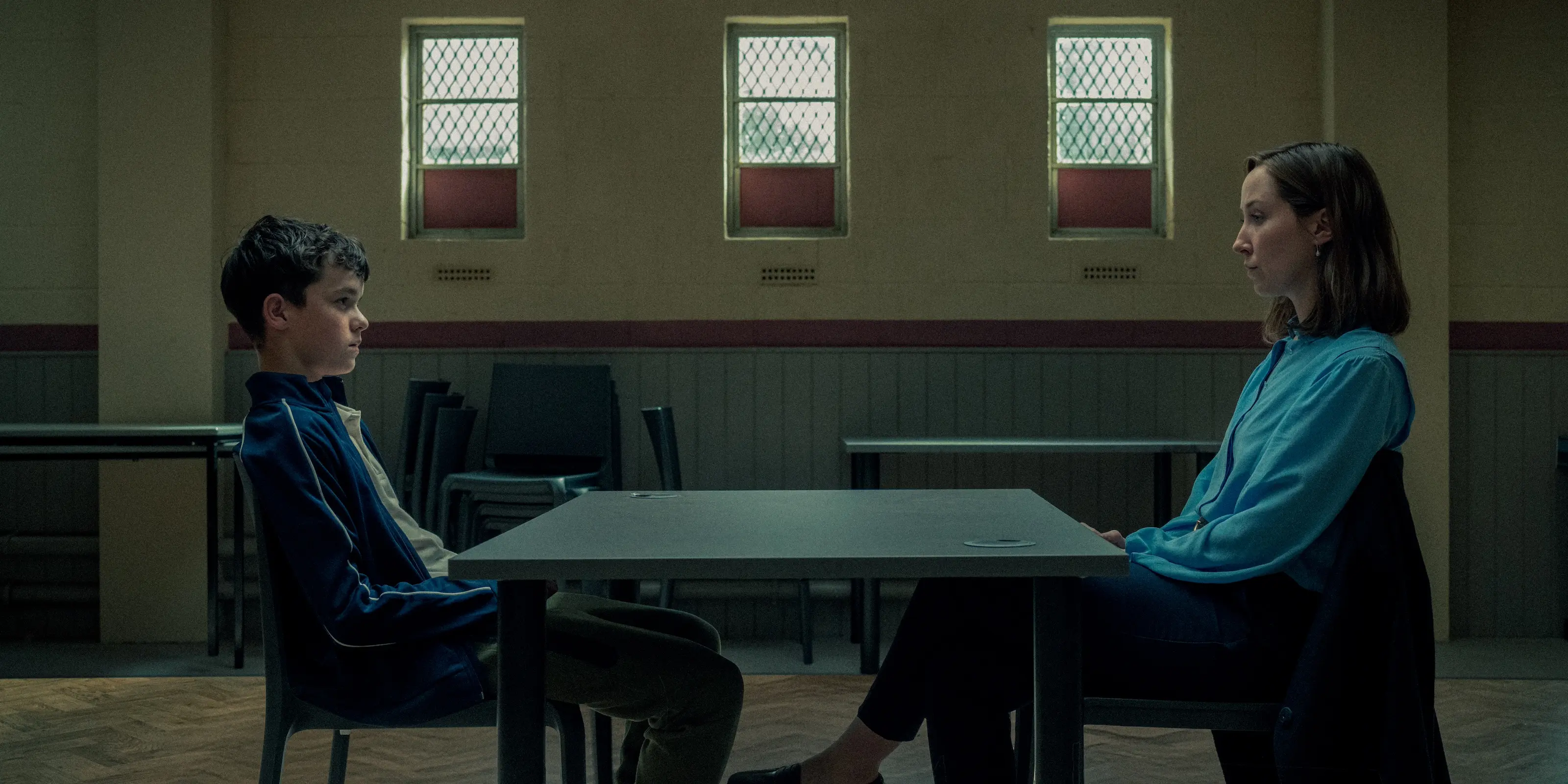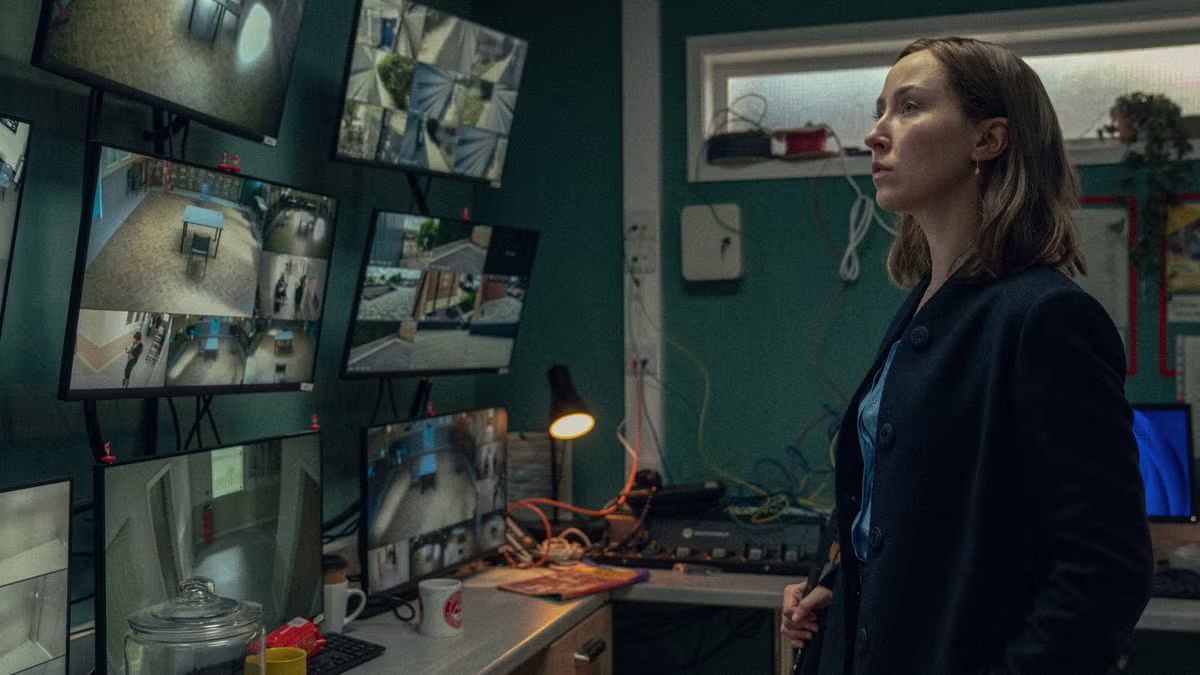Adolescence - A Generation Unheard
- Alex Kelaru

- Apr 7
- 4 min read
Is Social Media Replacing Parents in Raising Our Kids ?
I saw this series a couple of weeks ago, and I’ve been thinking about it ever since. Of course, the well-deserved media attention helped keep it in the spotlight, but the series itself left a mark that’s hard to shake.
UK TV producers have delivered some exceptional series over the past few years, especially since the pandemic. There is now a real case to be made that established UK broadcasters are under threat from streaming giants, not just because of changing viewing habits but because of the financial and exposure power that platforms like Netflix and Amazon bring. Traditional players such as BBC and Sky are now behaving more like independent producers, forced to make sharper choices about what to commission in order to ensure time and money are well spent. The goal is to create series that spark conversation and win awards.
Adolescence is one of those series. Last year’s Baby Reindeer was another. And I want to focus here on the producers behind the scenes: Warp Films, Matriarch Productions and Plan B Entertainment produced Adolescence, just as Clerkenwell Films backed Baby Reindeer. These are the teams that take the initial creative risk. Netflix served as distributor, which is no small achievement, but the series would not exist without the vision of those producers.
A bit of personal context: I’ve lived in the UK for 15 years, having moved here from Eastern Europe. I don’t have family here, but I have many friends with children of their own. I watched Adolescence after one of those friends — who has two teenage kids — recommended it. What followed was an intense four-hour viewing session that I could not stop, even during the heaviest and most devastating moments.
There will be light spoilers ahead, so if you haven’t watched the series yet, consider this your warning.
On the surface, the story revolves around a crime committed by a teenage boy against a teenage girl in a fictional UK town and the aftermath of that event. The suspect, Jamie (Owen Cooper), is in custody within the first 10 minutes of the first episode. He is presented as an ordinary boy from an ordinary family and his arrest shocks everyone, including his parents.
The four episodes each focus on a different moment in the aftermath. The first shows Jamie’s arrest and accusation. The second follows detectives Luke (Ashley Walters, A Thousand Blows, Top Boy) and Misha (Faye Marsey, Andor, Game of Thrones) as they investigate the crime at Jamie’s school. The third takes place almost entirely in the police station, with child therapist Briony (Erin Doherty, The Crown, Firebrand) taking centre stage. The final episode jumps forward a year to explore how Jamie’s family has been coping with the fallout.
As the creators have said, the series is not trying to solve a mystery. It is not asking who committed the crime but rather why it happened in the first place. It asks more questions than it answers. A child has stabbed another child and the questions raised are very real and very familiar in the UK today. The series offers a glimpse into one of society’s most pressing issues: the education of our children is being shaped more by social media than by parents or teachers.
This point is driven home with disturbing clarity. Parents today are stretched thin and spend less time with their children than they’d like. Teachers are often out of touch with the platforms and online cultures that dominate young people’s lives. There is a reference to Andrew Tate in the series, but it’s not just about him — it’s about what he represents. Figures like Tate shape how children think, how they understand masculinity and power and what they view as acceptable behaviour. And the problem is not that these influencers exist, but that they wield enormous influence without accountability. The excuse that “people can decide for themselves” falls apart when we are talking about children. Yet the content they produce is freely available and widely consumed.
These themes are everywhere in the series. We see a family blindsided by the arrest of their son and the video evidence against him. We watch detectives who are also parents try to understand what happened by speaking to kids in a school environment that feels more like a pressure cooker than a place of learning. We witness a therapist visibly shaken by the mental state of the child she is meant to help. And we see a family trying to reconcile what they thought they knew about their son with what they are now being forced to confront.
This series is not just asking why a child did something so violent. It is asking how we have arrived at a place where such violence is even thinkable for a child. And it is asking what role parents, educators and society at large have played in that. It does not offer solutions. If you are looking for an answer to your child’s behaviour, you won’t find it here. What the series does suggest, though, is that the solution starts with something simple: time, attention, and conversation. Do not let your child’s role models be online idols who offer no support or responsibility when things go wrong.
There has also been a lot of discussion around the technical achievement of the series. Each episode is shot in a single take, the camera follows the characters with no edits or cuts. This technique is impressive on its own, requiring meticulous planning and rehearsal, but what’s more remarkable is how quickly you stop noticing it. The story and the performances are so powerful that the camera work becomes invisible.
Adolescence is that rare kind of series that comes around once a year and stays with you. It is heartbreaking and devastating, but also timely and essential. It shines a harsh light on a problem we’ve let fester for too long.
This is exactly what good television should do.
%20Logo%20Black%20over%20White.png)









